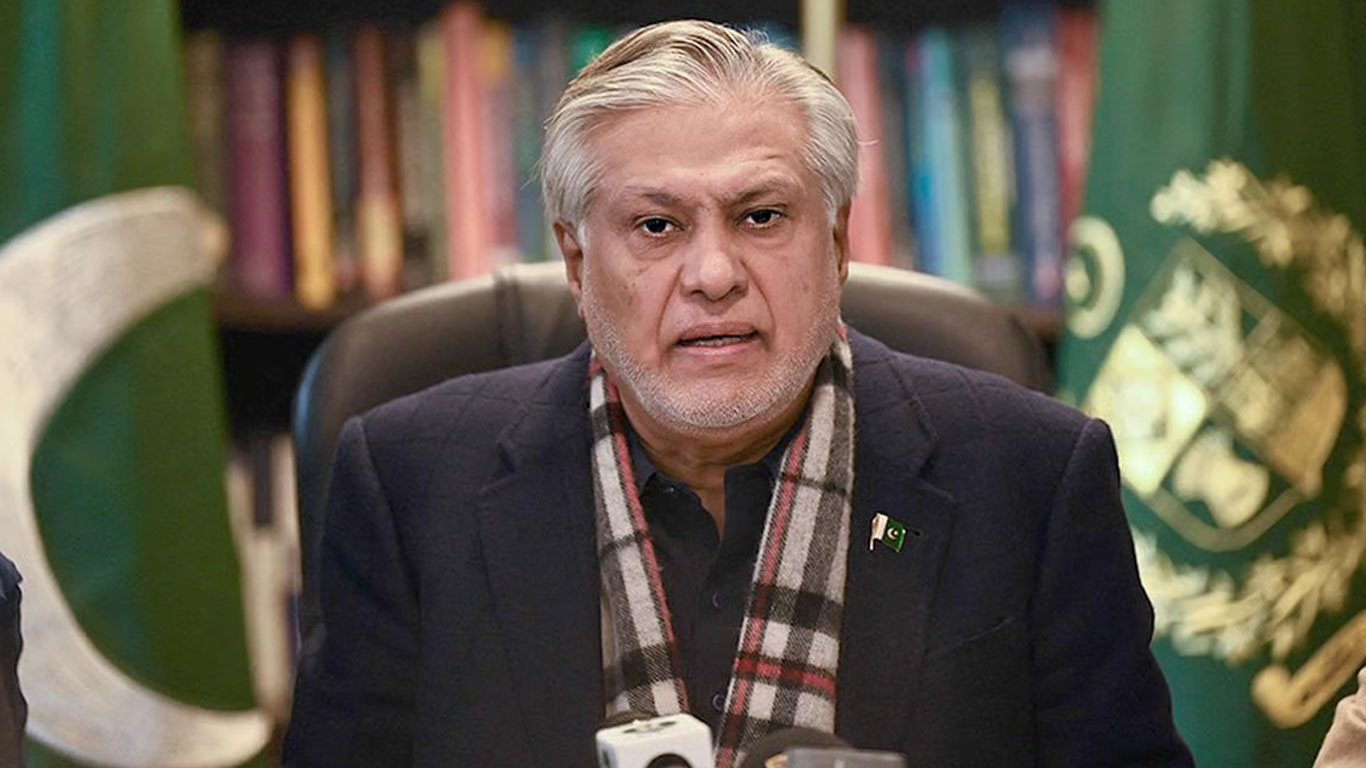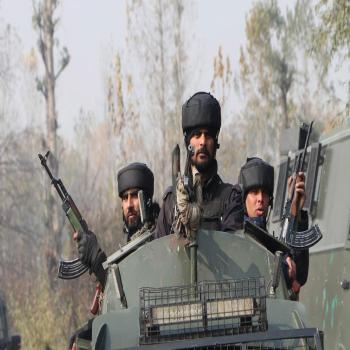Pakistan’s political, legal, and civil leadership of the country has come together in a show of unity to firmly reject India’s alleged attempt to unilaterally walk out of the historic Indus Waters Treaty (IWT), terming it a politically motivated and legally baseless action.
The Indus Waters Treaty, signed in 1960 through World Bank mediation, governs the distribution of water from the Indus River and its tributaries between India and Pakistan. The treaty has withstood wars and political tensions, making it one of the most durable water-sharing agreements in the world.
Pakistan slams India’s 'irresponsible behaviour'
Foreign Minister Ishaq Dar led the charge by branding India’s move as “immature”, “irresponsible”, and an attempt to divert attention from its domestic failures.
“India’s baseless allegations following the Pahalgam attack in Kashmir are nothing more than a smokescreen,” Dar said. “If they have any credible evidence, let them bring it forward. Otherwise, this is nothing but a false flag operation meant to defame Pakistan.”
He further stated that the Indus Waters Treaty is a tripartite agreement involving the World Bank, and no party can unilaterally terminate it. India is trying to politicise a globally recognised agreement. Pakistan will respond word for word, legally and diplomatically.”
Dar also highlighted that international observers, including neutral experts, have repeatedly acknowledged Pakistan’s commitment to the treaty. “The Indian narrative lacks international support. Even their own media is questioning the timing and intent behind this decision.”
'India cannot act alone' – Khawaja Asif
Defence Minister Khawaja Asif echoed these views, warning that any Indian attempt to suspend or exit the treaty would be met with a “befitting and unified response”.
“The Indus Waters Treaty is not a bilateral issue anymore; it is a commitment made under international supervision,” Asif said. “India has tried to challenge this treaty in the past, but this time, Pakistan is prepared for all diplomatic and legal consequences.”
He confirmed that the National Security Committee (NSC), chaired by Prime Minister Shehbaz Sharif, will meet on Thursday to finalise Pakistan’s strategic response. “We are taking this very seriously. It’s about our sovereignty and our future water security.”
Water minister and Sindh leaders issue warnings
Federal Minister for Water Resources Mian Moin Wattoo stressed that Pakistan would never bow to pressure, and any Indian aggression would receive a strong and calculated response.
“International organisations are stakeholders in the IWT. This is not India’s private deal that it can tear apart,” Wattoo said. He emphasised that Pakistan’s lower riparian provinces—especially Sindh—would suffer greatly from any disruption in water flow.
In Sindh, Dr Qadir Magsi of the Sindh Taraqi Pasand Party warned that this could ignite civil unrest in already water-starved provinces. “If India disrupts our water supply, it will directly fuel inter-provincial tensions. This is not just about diplomacy; it’s about survival.”
Magsi accused India of conspiring to destabilise Pakistan internally and urged the federal government to raise the issue urgently at the United Nations and other global forums. “The violation of this treaty is a violation of the UN Charter. India should immediately reverse this reckless decision.”
Legal fraternity demands diplomatic expulsion
In a rare political statement, the Supreme Court Bar Association of Pakistan condemned India’s move and called for the immediate expulsion of Indian diplomats from the country.
“This isn’t just an attack on a treaty—it’s an attack on Pakistan’s sovereignty,” the Bar Association said. “The government should take decisive diplomatic action and demonstrate to the world that we will not tolerate violations of international law.”
Strategic response in the works
All eyes are now on the upcoming National Security Committee (NSC) meeting, where civil and military leadership will formulate a long-term policy to protect Pakistan’s water interests. Legal experts, diplomats, and security officials will be in attendance to ensure a comprehensive response is crafted.






